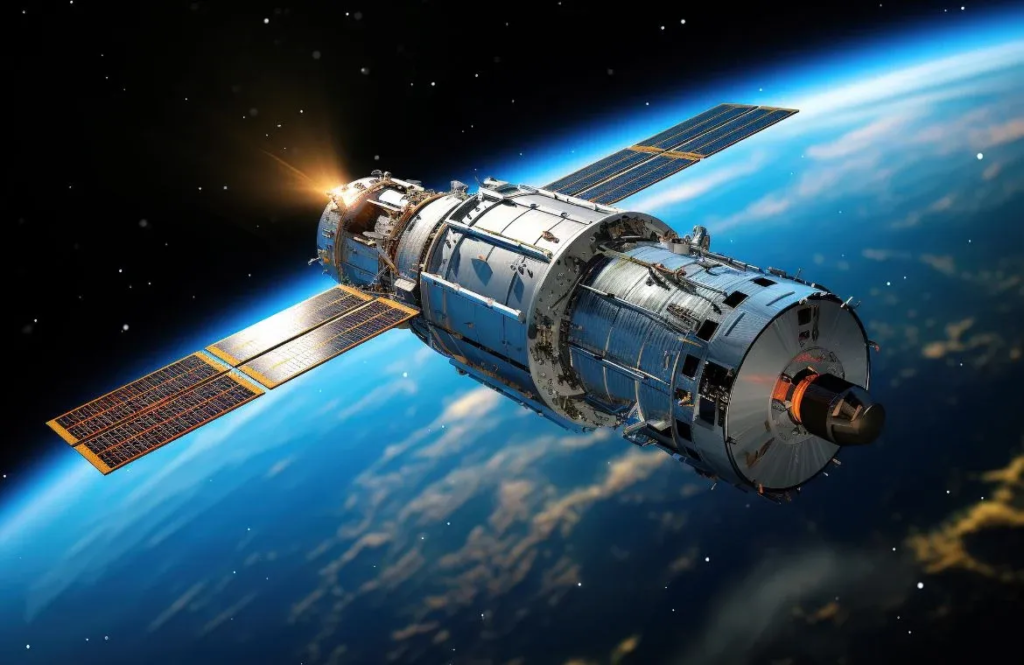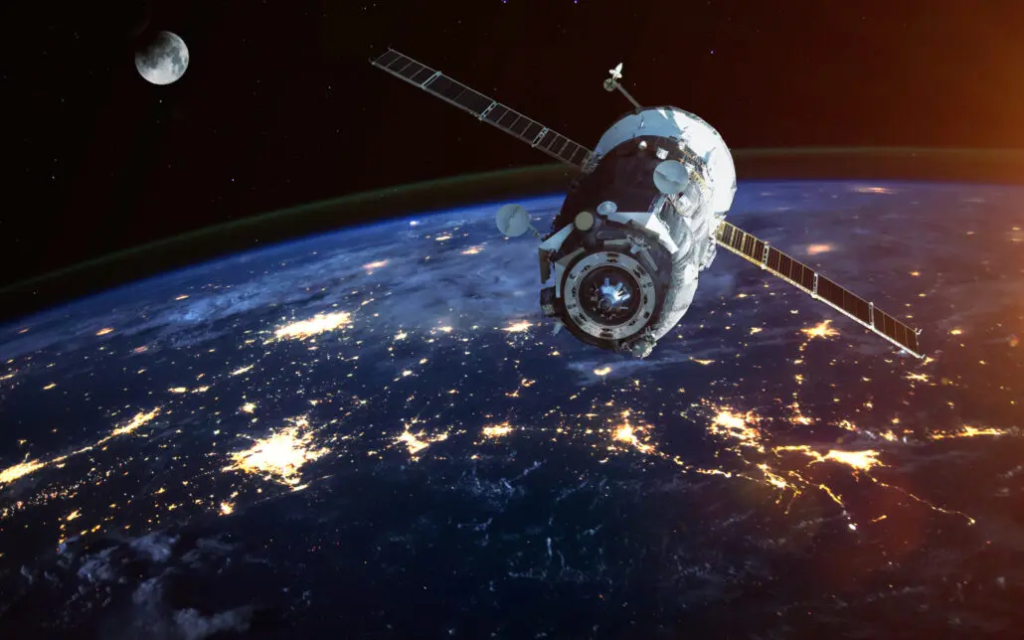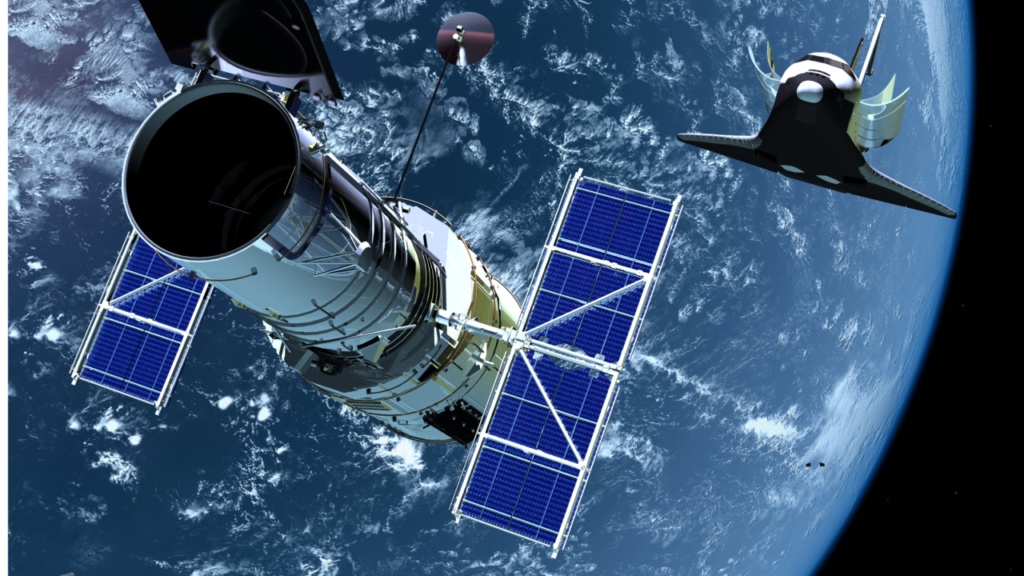Space Technology: Revolutionizing Modern Communication And Exploration
Space technology has transformed the way we communicate, explore, and understand our universe. From satellite communication to deep space exploration, advancements in space technology have revolutionized various sectors, including telecommunications, defense, and scientific research. As space exploration continues to advance, it opens up new possibilities for improving life on Earth and expanding human reach beyond our planet.
The Role of Satellites in Modern Communication

Satellites play a critical role in global communication, enabling data transfer, television broadcasts, internet connectivity, and GPS services. They provide reliable and instantaneous communication across vast distances, making it possible for people in remote areas to access information and stay connected.
Types of Communication Satellites
- Geostationary Satellites (GEO): Positioned about 36,000 km above the Earth, GEO satellites provide consistent coverage over a specific region, making them ideal for television and internet broadcasting.
- Medium Earth Orbit Satellites (MEO): MEO satellites, located between 2,000 and 35,000 km above Earth, are often used for navigation and GPS services.
- Low Earth Orbit Satellites (LEO): Positioned at altitudes below 2,000 km, LEO satellites are essential for real-time data transmission, especially for internet services and Earth observation.
Space Exploration: Pushing the Boundaries of Discovery
Space exploration has allowed scientists to uncover the mysteries of the universe and expand our understanding of planetary systems. With missions to Mars, the Moon, and beyond, humanity is on the brink of achieving groundbreaking discoveries that could redefine our place in the cosmos.
Notable Space Missions and Their Impact
- Apollo Program: The Apollo missions, led by NASA, resulted in the first successful moon landing in 1969, demonstrating humanity’s ability to explore other celestial bodies.
- International Space Station (ISS): The ISS serves as a research laboratory and a platform for international cooperation, fostering technological advancements and scientific discoveries.
- Mars Rovers: Rovers like Curiosity and Perseverance have provided critical insights into the geology and potential habitability of Mars, paving the way for future manned missions.
Advances in Space Technology

The rapid development of space technology has led to significant improvements in spacecraft design, propulsion systems, and data analysis. Modern technologies such as artificial intelligence, robotics, and quantum computing are enhancing the capabilities of space missions and communication systems.
Artificial Intelligence in Space
AI is revolutionizing space exploration by enabling autonomous navigation, analyzing vast amounts of data, and identifying anomalies in spacecraft performance. AI-powered systems reduce human intervention, making space missions more efficient and cost-effective.
Reusable Rocket Technology
Reusable rockets, pioneered by companies like SpaceX, have drastically reduced the cost of launching payloads into space. This innovation makes space travel more accessible and promotes the growth of the commercial space industry.
Space Technology and Earth Applications
Space technology has a profound impact on life on Earth, contributing to fields such as weather forecasting, disaster management, and environmental monitoring.
Environmental Monitoring and Climate Change
Satellites equipped with remote sensing technology provide critical data for monitoring environmental changes, tracking deforestation, and assessing the impact of climate change. This data helps policymakers implement sustainable practices and mitigate environmental risks.
Disaster Management and Relief Operations
Space-based technologies enable real-time monitoring of natural disasters, facilitating faster response times and more efficient coordination of relief efforts. These systems play a vital role in minimizing the impact of disasters on vulnerable populations.
The Future of Space Exploration and Communication

The future of space technology holds exciting possibilities, from colonizing other planets to establishing interplanetary communication networks. Emerging technologies such as space-based solar power, quantum communication, and asteroid mining could revolutionize industries and create new economic opportunities.
Colonizing Mars and Beyond
With advancements in life support systems, habitat design, and propulsion technology, the dream of establishing human settlements on Mars and other planets is becoming more feasible. These efforts could lead to a multi-planetary civilization and ensure the survival of humanity.
Space-Based Internet Networks
Mega-constellations of LEO satellites, such as SpaceX’s Starlink and Amazon’s Project Kuiper, aim to provide high-speed internet access to underserved regions worldwide. These networks have the potential to bridge the digital divide and promote global connectivity.
Challenges and Ethical Considerations
As space technology advances, it raises ethical and regulatory challenges related to space debris, militarization, and space governance. Addressing these challenges requires international collaboration and the development of sustainable policies to ensure responsible use of outer space.
Also Read : How Blockchain Technology Ensures Data Security And Transparency
Conclusion
Space technology continues to revolutionize communication, exploration, and scientific discovery. From improving global connectivity to exploring distant planets, advancements in space technology hold the key to unlocking new possibilities for humanity. As we venture further into space, it is essential to address the challenges that come with these advancements to ensure a sustainable and prosperous future for generations to come.
FAQs
How do satellites enhance communication?
Satellites enable global communication by transmitting signals over long distances, facilitating internet connectivity, television broadcasts, and GPS navigation.
What is the importance of space exploration?
Space exploration helps us understand the universe, discover new resources, and develop technologies that benefit life on Earth.
How does AI contribute to space missions?
AI enhances space missions by automating tasks, analyzing data, and improving spacecraft navigation and performance.
What are the challenges associated with space technology?
Challenges include space debris management, regulatory issues, and ensuring the ethical use of space resources.
What is the future of space technology?
The future of space technology includes human colonization of other planets, space-based internet networks, and the development of sustainable space exploration methods.
